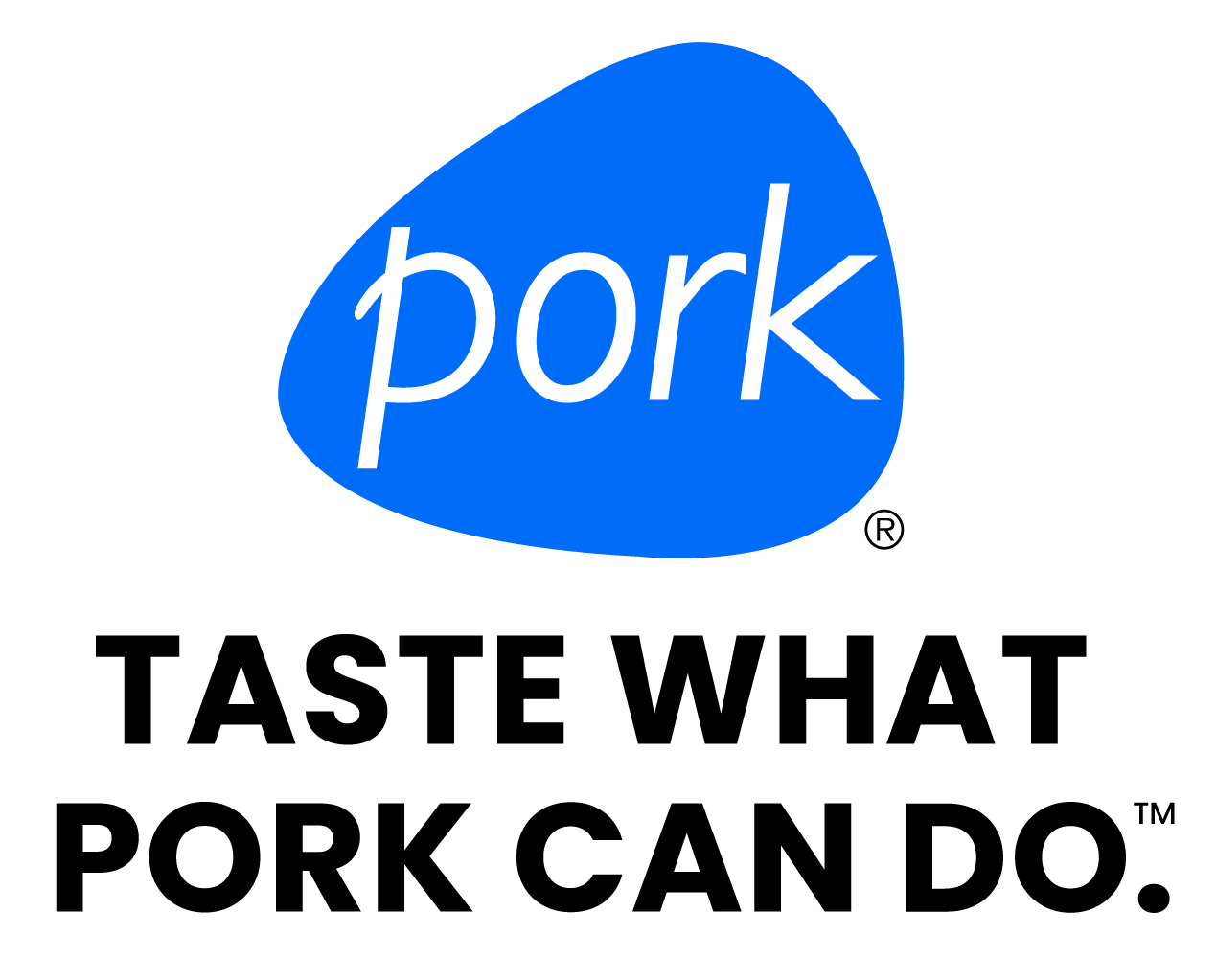Farmers, Landowners, Organizations, and Agencies Encouraged to Attend
Madison, Wis. – June 1, 2015 − The U.S. Department of Agriculture Natural Resources Conservation Service (NRCS) in Wisconsin has announced the schedule for 2015 Local Working Group (LWG) meetings. Twenty one meetings will be held across Wisconsin in July and August to gather input and help set priorities for USDA conservation programs under the 2014 Farm Bill.
“Local Working Groups offer a seat at the table for interested individuals and groups to advise NRCS on how best to set priorities and locally implement conservation programs,” said Jimmy Bramblett, Wisconsin State Conservationist. “Members are diverse with an interest and focus on local agriculture and natural resource issues,” added Bramblett. Farmers representing a variety of crops and livestock raised within the local area, private woodland owners, representatives of agricultural and environmental organizations, and representatives of other agriculture and natural resource agencies are welcome and should be represented.
This year, LWGs will represent two or more counties grouped together by geography, similar land use, resources, and type of agriculture (see map of Local Working Groups). This will allow greater flexibility and access to funding for the groups.
The main program discussed at the meetings will be the Environmental Quality Incentives Program (EQIP), the primary federal conservation program for agricultural and forest lands. EQIP offers technical and financial assistance to help landowners with needed conservation practices for water quality, soil health, wildlife and other natural resources. As of May, Wisconsin has received $19.6 million in EQIP funding for conservation practices this year. The program was re-authorized through 2019 in the federal Farm Bill, which was passed in February 2014.
Local Working Group meetings are open to the public. Anyone interested in becoming a member and participating in LWGs should contact the NRCS District Conservationist in their county. Contact your local NRCS District Conservationist if you are interested in participating. For detailed information on local work groups, see What are Local Working Groups and see the Schedule of Meetings.

